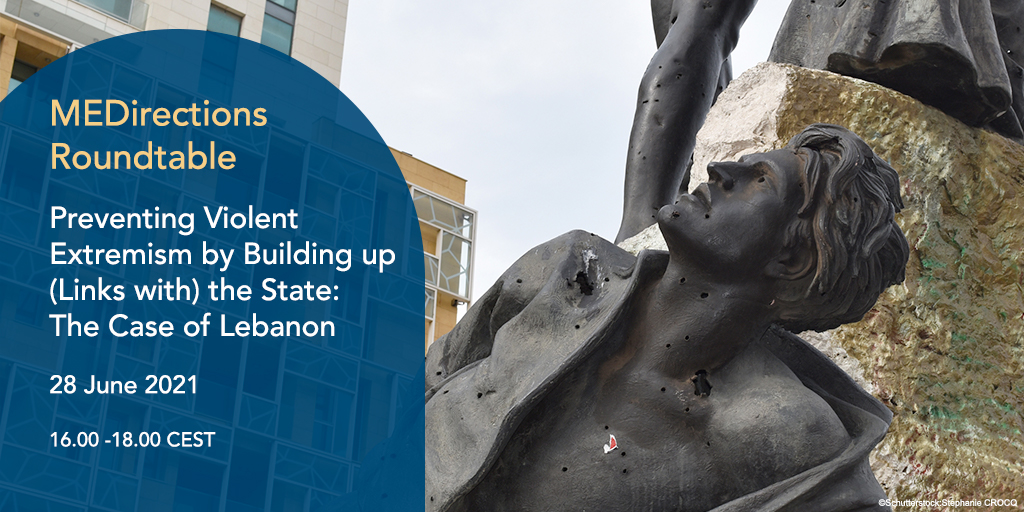
The roundtable is on knowledge formation on threat and prevention in the preventing violent extremism (PVE) agenda. It addresses the question of how such knowledge travels between the places where PVE interventions are designed and the places where they are implemented.
The roundtable presents and discusses the first results of a research project on understanding the formation and shaping of the preventing violent extremism (PVE) agenda. Since the mid-2010s, PVE has been adopted in a growing number of states, as well as international organizations and donor agencies. In fact, it has served as a new form of Western engagement in many parts of the Global South. It has complemented and appropriated other forms of international engagement such as peacebuilding and development assistance. This roundtable seeks to understand how threat and prevention knowledge in PVE is formed and how these ideas travel between where PVE interventions are designed and where they are implemented. It focusses in on the notion of deficiency and the weakness of the target country as a means of identifying the drivers of violent extremism and necessary forms of external assistance. It investigates specifically UN and EU support for PVE planning and programs in Lebanon, one of the first countries in the region to adopt a national PVE strategy. Lebanon’s proximity to Syria and its general openness made PVE there especially popular with donors.
Chair: May Tamimova (Research Associate at the Middle East Directions Programme of the Robert Schuman Center for Advanced Studies)
Presenter: Jan Daniel (Visiting Fellow RSC EUI and Researcher – Institute of International Relations Prague)
Discussant: Simone Tholens (Visiting Fellow RSC EUI and Senior Lecturer – Cardiff University)



